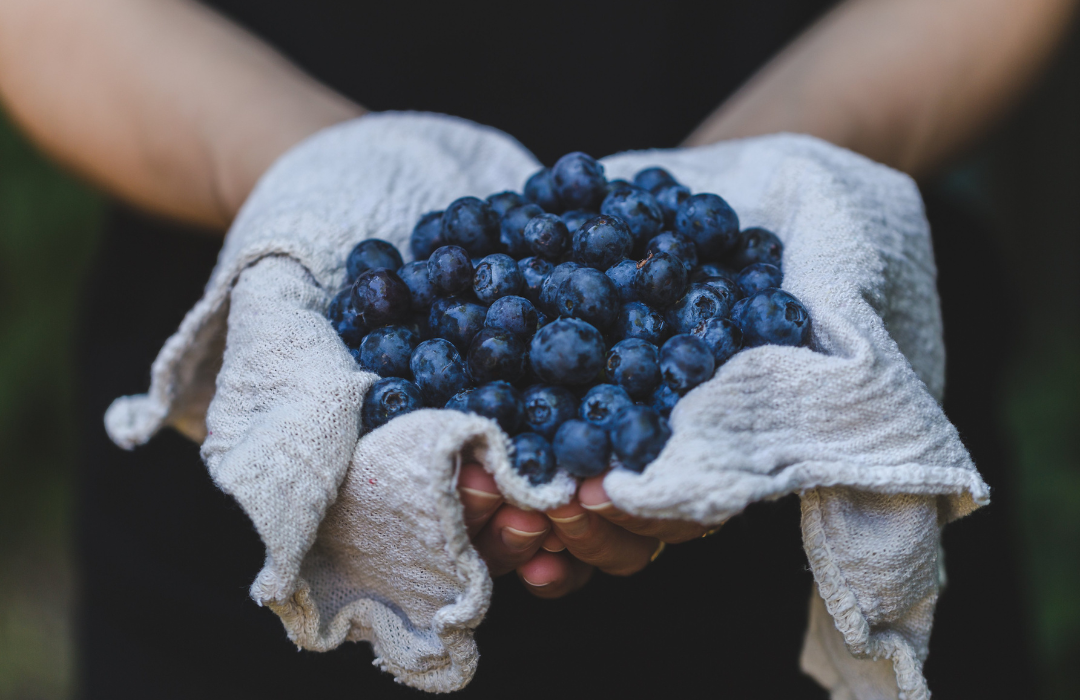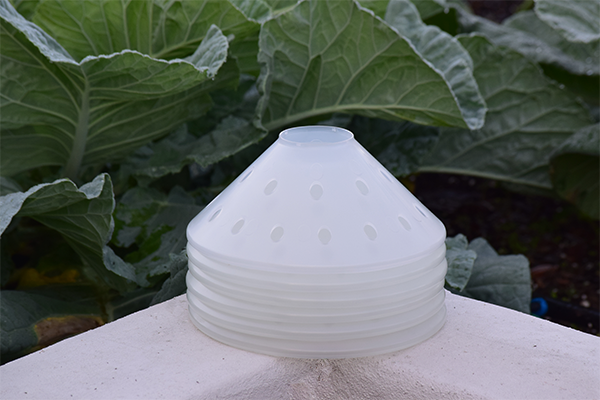
Introduction
July 8th is National Blueberry Day so we are looking back to see how these blue bundles of joy and nutrition were used by Native Americans.
For Native American tribes, the humble blueberry was more than just a fruit; it was a cornerstone of their way of life. As we delve into the rich history of blueberries, you’ll discover how these small berries played a big role in their daily existence.
-
The Nutritional Powerhouse
-
Medicinal Uses
-
Cultural and Ceremonial Significance
-
A Lasting Legacy
The Nutritional Powerhouse

Blueberries were akin to nature’s multivitamin for Native American tribes. Rich in vitamins C and K, they also boast high levels of antioxidants, which help combat free radicals in the body. These delicious berries provided essential nutrients that helped sustain them through harsh winters and long travels.
Survival Food
The Algonquin and Iroquois tribes often dried blueberries to create a lightweight, nutrient-dense food called pemmican. This mixture of dried meat, fat, and berries was the original energy bar, vital for survival during hunting trips and migrations.
Medicinal Uses
For Native Americans, blueberries were not just food but also medicine. They tapped into the healing properties of these berries long before modern science confirmed their benefits.
Natural Remedies
The Cherokee tribe, for instance, used blueberry tea to soothe coughs and colds. The antioxidant-rich leaves were brewed to make a potent infusion that acted as a natural remedy for various ailments.
Healing Properties
Beyond teas, blueberries were used in poultices to treat wounds and inflammations. The berries’ anti-inflammatory properties were known to help reduce swelling and speed up the healing process.
Cultural and Ceremonial Significance
Blueberries held a special place in the spiritual lives of Native Americans. They were more than sustenance; they were symbols of the interconnectedness between the people and the land.
Rituals and Festivals
The Ojibwa tribe celebrated the blueberry harvest with festivals that included singing, dancing, and storytelling. These events were not just about gathering food but also about honoring the earth’s bounty.
Spiritual Symbolism
In many tribes, blueberries symbolized renewal and protection. During important ceremonies, blueberries were often used as offerings to the spirits, believed to bring good fortune and health to the community.
A Lasting Legacy
The traditions surrounding blueberries have been passed down through generations, leaving a lasting legacy that continues to influence modern uses of this remarkable fruit.
Modern-Day Benefits
Today, we recognize blueberries as a superfood, thanks to their numerous health benefits. From reducing oxidative stress to improving heart health, modern science has validated what Native Americans knew all along. For more on the nutritional benefits of blueberries, visit USDA's official site.
Key Takeaways
-
Nutritional Value: Blueberries were a crucial source of nutrition, aiding in survival during harsh conditions.
-
Medicinal Uses: Used in teas and poultices, blueberries had significant healing properties.
-
Cultural Importance: Blueberries played a central role in rituals and festivals, symbolizing renewal and protection.
-
Enduring Legacy: The historical uses of blueberries continue to inform their modern-day benefits.
Frequently Asked Questions (FAQ)
Did Native Americans cultivate blueberries?
No, Native Americans did not cultivate blueberries in the way we understand farming today. They gathered wild blueberries from forests and fields, respecting the natural growth cycles of these plants.
Are there any traditional Native American recipes using blueberries?
Yes, many traditional recipes have been preserved, including pemmican—a high-energy food combining dried meat and blueberries. For more traditional recipes, visit the Smithsonian Magazine.
How did blueberry festivals impact Native American culture?
Blueberry festivals were communal gatherings that strengthened social bonds and spiritual connections within tribes. These festivals celebrated the harvest and honored the earth’s generosity.
Conclusion
From providing essential nutrients to holding deep spiritual significance, blueberries were a vital part of Native American life. Their use has transcended time, continuing to nourish and heal us today. As you enjoy your next handful of blueberries, remember the rich heritage behind these little blue gems.
If you want to learn more about the cultural significance of native plants, check out this comprehensive guide by National Park Service.
Now that you know a bit about the history of blueberries in Native American culture, hurry and make plans to visit a local blueberry farm in two days because July 10th is National Pick Blueberries Day!










